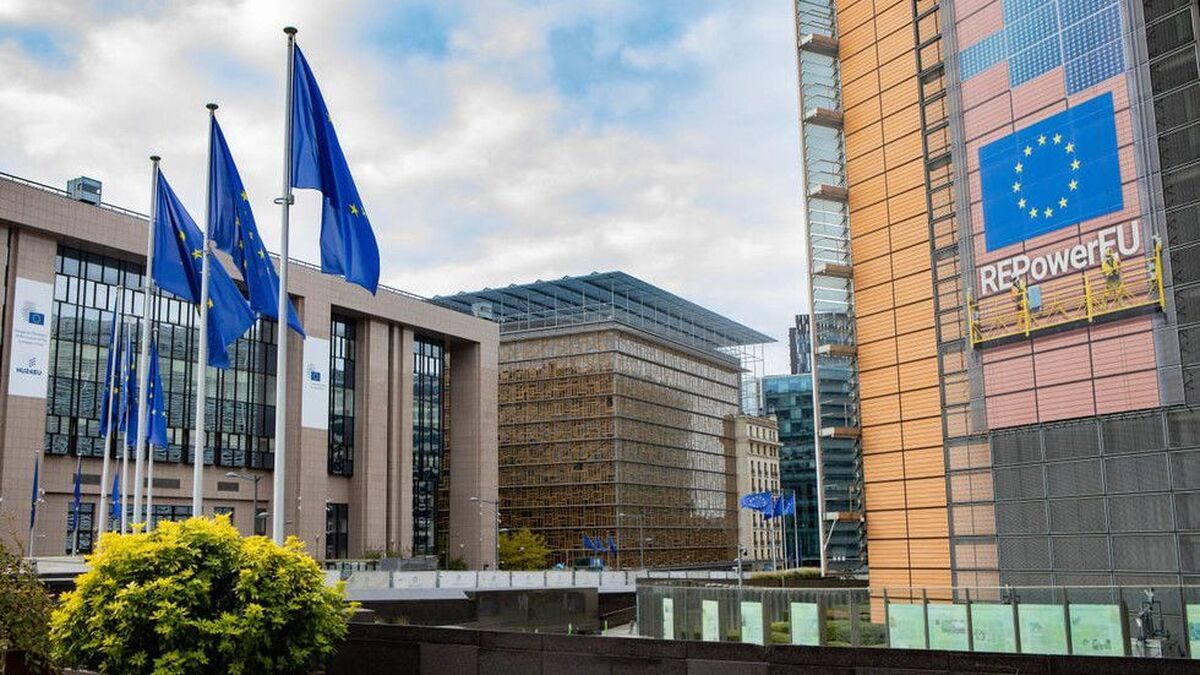The EU cannot agree on new sanctions against Russia

Following the escalation of the Russia-Ukraine conflict in 2022, the bloc enacted a number of embargoes against Moscow as a show of support for Kiev. According to reports, the fleet of tankers carrying Russian oil was the target of the most recent package.
According to unnamed diplomatic sources who spoke to Reuters, the failure on Friday was caused by a disagreement over extending the deadline for EU companies to divest from Russia. Politico claimed that the two objecting nations were Latvia and Lithuania, but Reuters did not name them.
At a later time, the EU plans to resume talks on the package. The dispute over deliveries of Russian oil-based products was one of the bloc's concerns. The Czech Republic, Slovakia, and Hungary were granted exemptions from the EU's 2022 ban on the majority of oil imports from Russia because they were unable to locate alternative suppliers.
Slovakian refiner Slovnaft, which is owned by Hungary's MOL, was permitted to keep selling Russian oil-based goods to the Czechs under an agreement that was set to expire on Thursday. Prague stated that it was ready to transition to an upgraded pipeline from Italy to Germany, so it did not need to extend the agreement for more than six months, according to Reuters. But Bratislava favored a longer extension.
Last month, Ukrainian officials who were involved in the sanctions' creation announced that they would target 30 legal entities and 50 individuals from at least eight different countries. Russia is receiving "critical components" for its military industry from Serbia, Iran, China, India, the United Arab Emirates, and Thailand, according to the report.